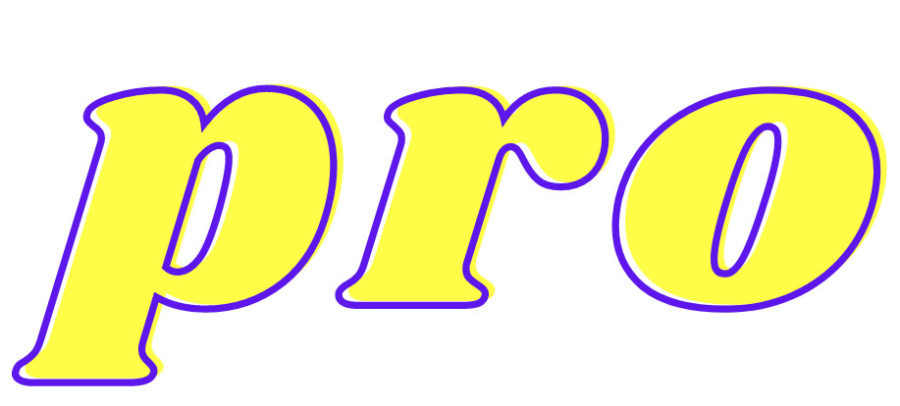Recalls ensure active democracy
June 15, 2022
Like state governments, schools have student governments with officials elected by the votes of citizens—in this case, students. They elect leaders to represent their interests. Britannica concurs, stating, “The recall was … designed to ensure that elected officials would act in the interests of their constituencies rather than … according to their own consciences”
with the student body being a constituency. However, when there is a consensus amongst the majority of the students about subpar behavior of student government members, schools should allow for a recall.
In California, the option for voters to recall state elected officials was instituted in 1911 in Article II of the state constitution. According to the California Secretary of State’s website, since 1913, there have been 179 recall attempts, six of which were successful—approximately 0.03 percent of all recall attempts. However, most recently, on the local level, a successful recall was held in progressive-leaning San Francisco where voters recalled three school board members for their failure to safely open S.F. public schools for in-person instruction during the pandemic. Parents stated that the school board failed one of their duties. Why can’t this same standard be used on student government officials?
Student officials should be allowed to be recalled if they fail to carry out the promises that they ran on. While some opponents of recalls might call them too “costly” or “mean-spirited,” in reality, this argument is not valid in a high school setting. For one thing, there isn’t a significant monetary cost to have a recall vote on a Google Form. Moreover, a recall allows for an active democracy and is not mean-spirited because it lawfully keeps those in power in check.
The National Conference of State Legislatures further stated, “Supporters … believe it provides a way for citizens to exercise control over … officials who fail to represent their constituents’ best interests, or who are unresponsive or incompetent. This view maintains that an elected representative is an agent or a servant of their constituents …” If students voted for a candidate that promised widely popular changes at school and they didn’t deliver on them, students should have a right to remove them from their post and elect new leaders who pledge real change.
Furthermore, the NCSL stated that about 75 percent of recalls are at the city council or school board level. So why can’t we apply this measure to school governments?
Student governments are a small-scale representation of school boards, state and the federal government. Recalls should be allowed in school for the early fostering of democracy’s value so “[we] can keep it,” as Benjamin Franklin once said.

